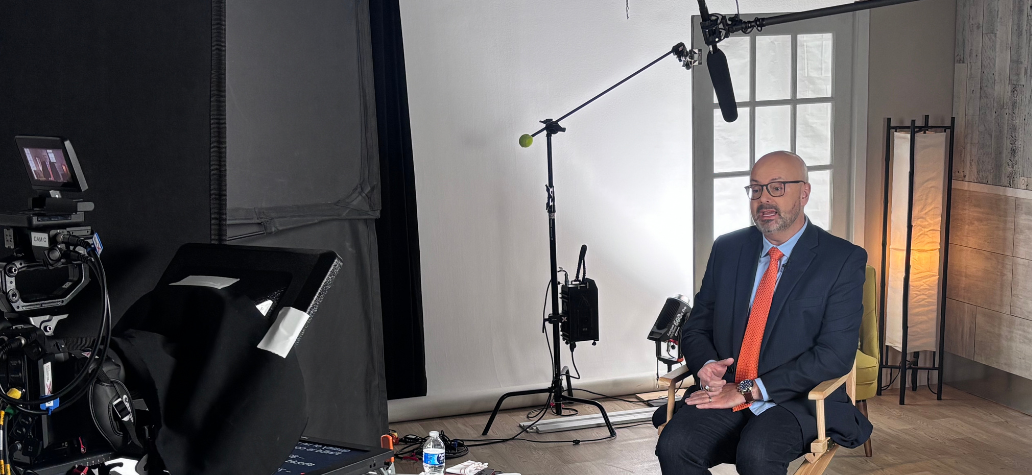DENVER — The National Endowment for Financial Education® (NEFE®) has released results from its annual survey on consumer expectations, finding that almost eight out of 10 (79 percent) of U.S. adults will set a financial New Year’s resolution for 2019. A 10 percent increase over last year’s survey, the findings show steady growth in Americans who are looking to bolster their financial health.
In a trend that has continued year over year, Americans also indicate both an understanding of the importance of savings, yet have significant stress over their own ability to save money. In fact, over half (51 percent) indicated that saving money was their biggest cause of financial stress, beating debt (46 percent) as the top financial stressor this year. The survey was conducted online in December 2018 by The Harris Poll on behalf of NEFE, among more than 2,000 U.S. adults.
“Over the past year, despite uncertainty and volatility surrounding the stock market, rising interest rates, as well as concern of an economic slowdown, we are seeing incredible determination from Americans who want to take control of their finances and improve their financial well-being in 2019,” says Billy Hensley, Ph.D., president and CEO of NEFE. “Each year there is a 60 percent probability that something will happen that causes a financial setback. Because of this there is persistent pressure to save, but many feel overwhelmed in doing so. We don’t want people to be discouraged.”
According to the survey, about two thirds of U.S. adults (68 percent) admit to experiencing an unexpected financial setback in 2018, an increase from last year’s survey (63 percent). Transportation issues (23 percent), housing repairs/maintenance (21 percent), and medical care for an injury or illness and inability to keep up with debt/falling behind on bill payments (both 17 percent) topped the list. Among those who say something causes them financial stress, two in five (42 percent) say not having to worry about saving would give them the most financial relief.
“We understand how challenging it can be to save money, which is why we encourage everyone to start small and remain focused on what you can save each day, week or month. Set achievable savings goals for yourself and then work hard to stick to them,” says Hensley.

